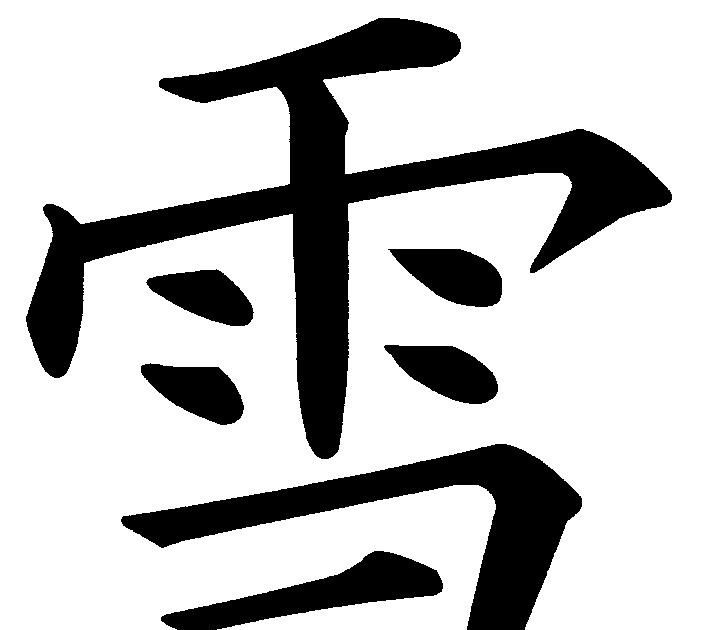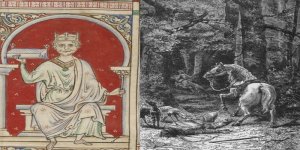

In darker tales, she is said to be more dangerous, capable of spiriting people away or attacking-sometimes eating-trespassers on her mountain. In some, she is said to be kind and gentle, dressed in clothes made from tree bark, and nurses lost children. A majority of stories have her living in the mountains. This yōkai, also written as Yamamba or Yamanba, is a mountain ogress (oni) or witch. Shuten Doji can be considered a type of oni more specifically. He loved sake and was decapitated by Minamoto Raikō, a hero from Japanese folklore. Shuten Dōji kidnapped people, mostly women, and forced them to be slaves before being devoured. He was said to dwell in a lair in a mountain, though the specific location is debated, with Mt. Originating is legends from the 14 th century, this yōkai or ogre leader was somewhat of an evil king. Their tails were said to be about 327 meters long, that’s 1072.83 feet! Even more threatening, according to texts the Nure-onna would is huge. Tales of these creatures have been around since the Edo period (1603-1867). She’s said to feast on humans and can live in seas or rivers. Nure-onna, or the Snake Woman, is a reptilian yōkai with the head of a woman and body of a snake. Kappa are also known for being quite lecherous, so best to avoid them whenever possible. If that all isn’t weird enough, Kappas are said to assault people from underwater, stealing a fabled “shirikodama” organ from a victim's anus. A Kappa’s weakness is a liquid-filled dent in its head, which can’t dry up or spill while the creature is out of the water. They live in rivers or ponds and are said to like eating cucumbers. They’re green but humanoid, with webbed hands and feet and shells on their backs.

KappaĪlso called a “river-child,” a Kappa is a frog or turtle-like yōkai, described as a demon or imp. They are often shown with red faces and holding feather fans that can summon strong winds. Tengus are still powerful beings, but they’re now seen more as protective spirits, guardians of the forests and mountains, and are sometimes considered a type of kami or god. Originally depicted as demons and symbols of war, their image changed over time. When you see a traditional Japanese mask with a red face and long nose, that's a tengu!

The earliest versions of a tengu describe it as somewhat of bird-human hybrid, including wings or a beak, the latter of which became elongated noses.


 0 kommentar(er)
0 kommentar(er)
